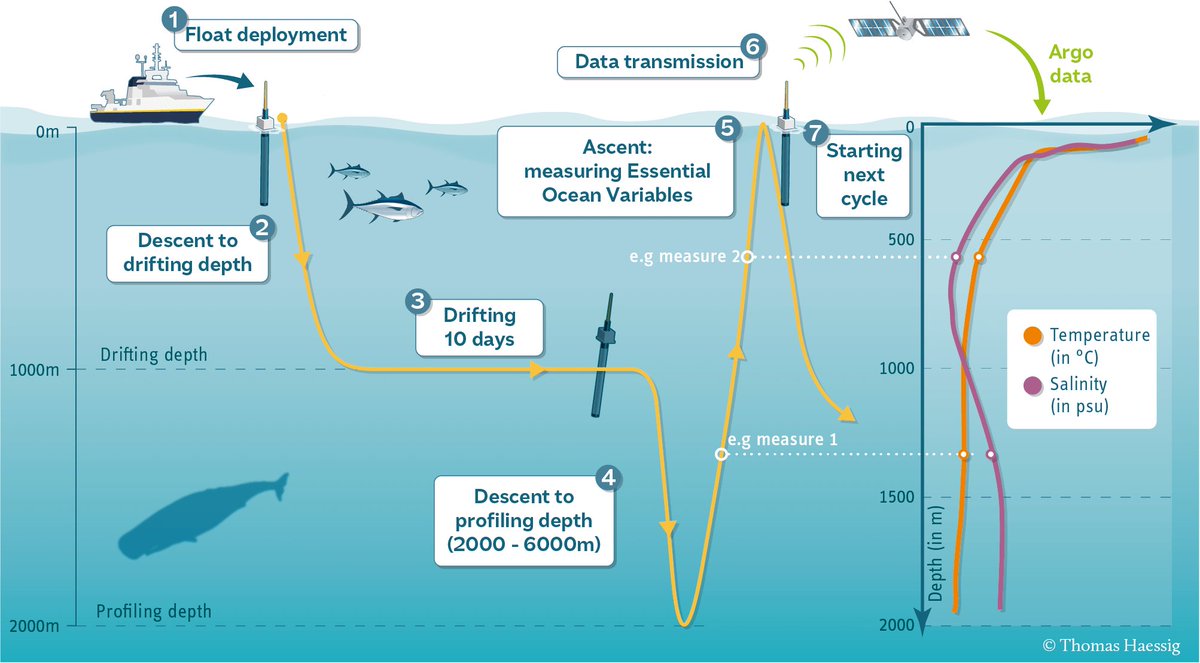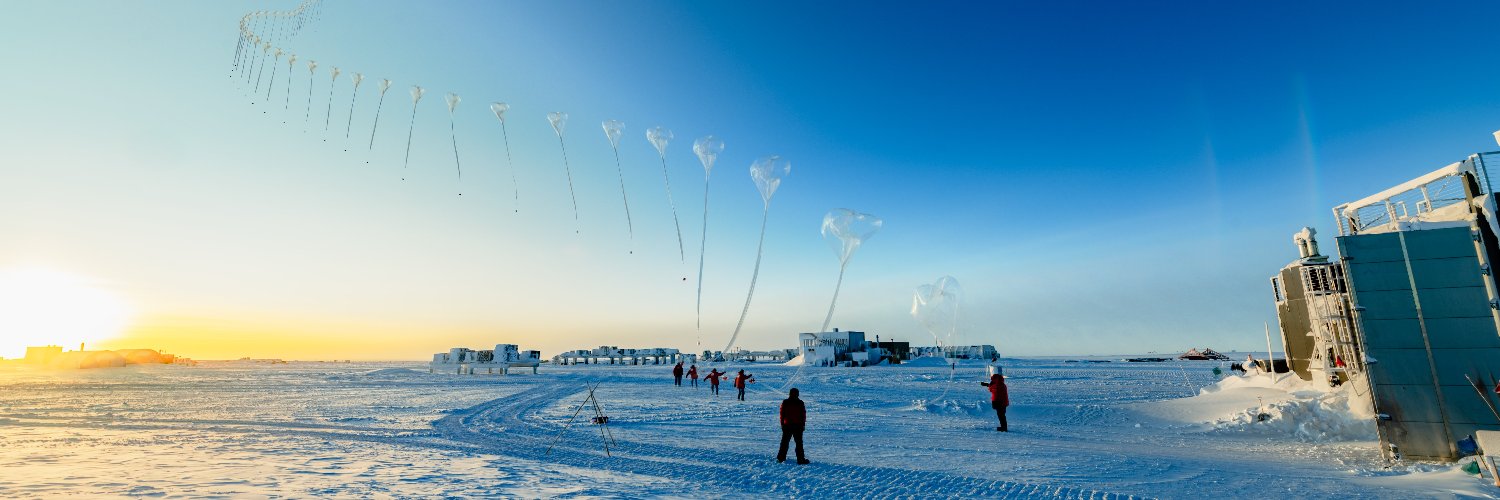
NOAA Research
@NOAAResearch
NOAA Research provides the research foundation for understanding our planet through tech innovation & scientific advances. This is an official @NOAA account.
NOAA Research is developing an AI-powered sibling to its flagship #weather model! ⛈️ HRRR-Cast is NOAA’s first regional experimental #AI #forecast system. Learn about HRRR-Cast here: research.noaa.gov/noaa-research-… @noaagsl @NWS @NOAA
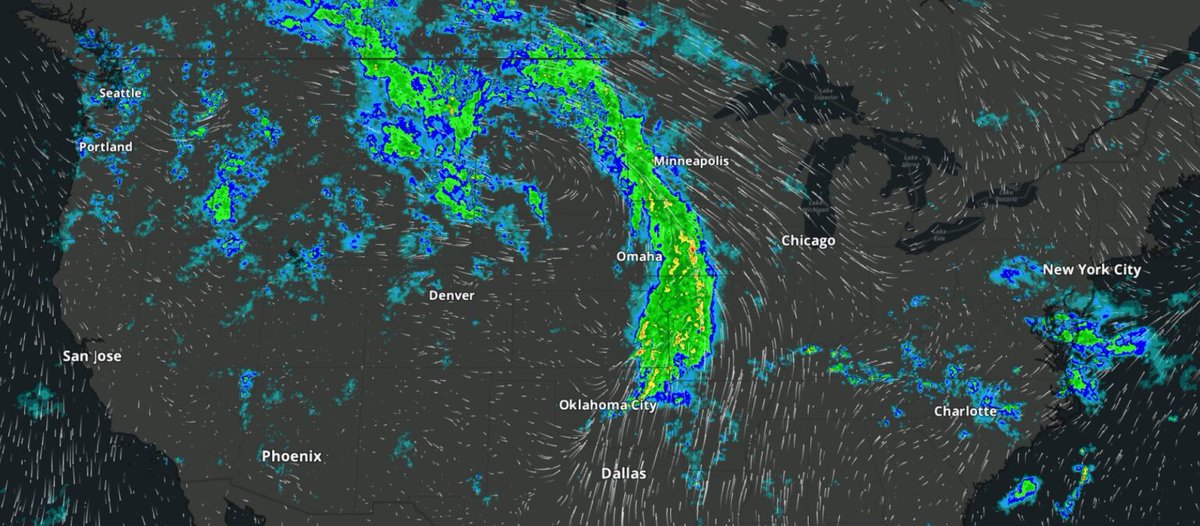
Tomorrow, @oceanexplorer & partners will head out for the first of three expeditions on NOAA Ship #Okeanos Explorer working with Palau International Coral Reef Research Center to collect high-resolution mapping data in waters of Palau. Learn more: oceanexplorer.noaa.gov/okeanos/explor…
Meet Kermit and Miss Piggy, two of @NOAA's hurricane-hunting aircraft! These planes fly into storms to collect data, helping us understand and predict hurricanes.
🎧Looking for a new #podcast? Give @NHSeaGrant's “Time and Tide” a try! Each month, join hosts Brian Yurasits and Erik Chapman to explore the science, stories and people behind New England’s coastlines. 🌊 Listen where you get your podcasts: seagrant.unh.edu/about/time-tid…
.@NOAA has teamed up with Alaskans to create a new tool to predict ice breakup. Ice forecasts would boost public #safety, subsistence #fishing, hunting, #transportation and #commerce. Learn more here: research.noaa.gov/noaa-teams-up-…
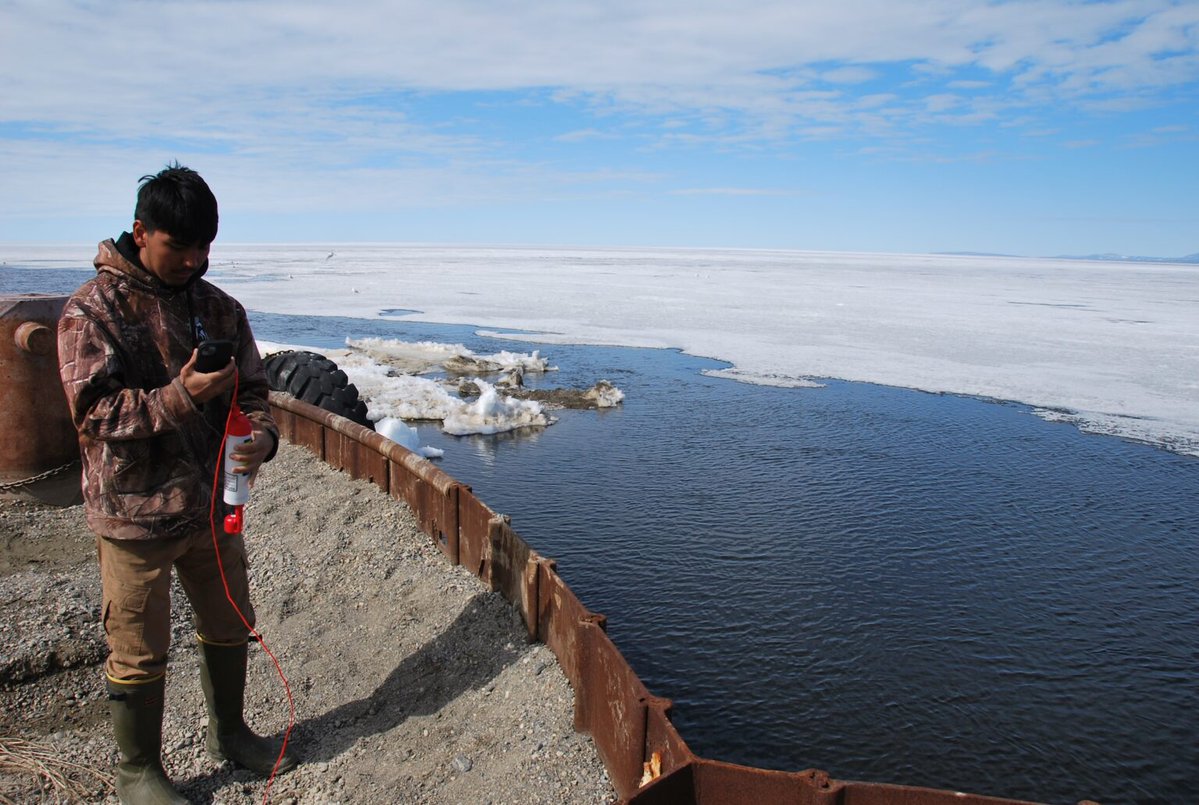
Coral reefs cover less than 1% of the ocean floor—but they support 25% of all marine life! 🐠🌊 From protecting coastlines to fueling fisheries and tourism, reefs are vital to both ocean health and our way of life. For Coral Reef Awareness Week we’re shining a light on the…
From drones to ocean gliders, NOAA uses cutting-edge technology to gather critical data inside the heart of hurricanes. NOAA Lapenta Intern, Will Cano, explains how the data gets from the field into the hands of forecasters @NWSNHC. #WeatherReady #Hurricanes #HurricaneSeason
Scientists with @NOAA_AOML's Ocean Biogeochemistry Group have successfully deployed two new Biogeochemical-Argo floats in a collaboration with @NOAAFisheriesSE Science Center (SEFSC). 🌊🌊🌊 Learn more here: aoml.noaa.gov/biogeochemical…
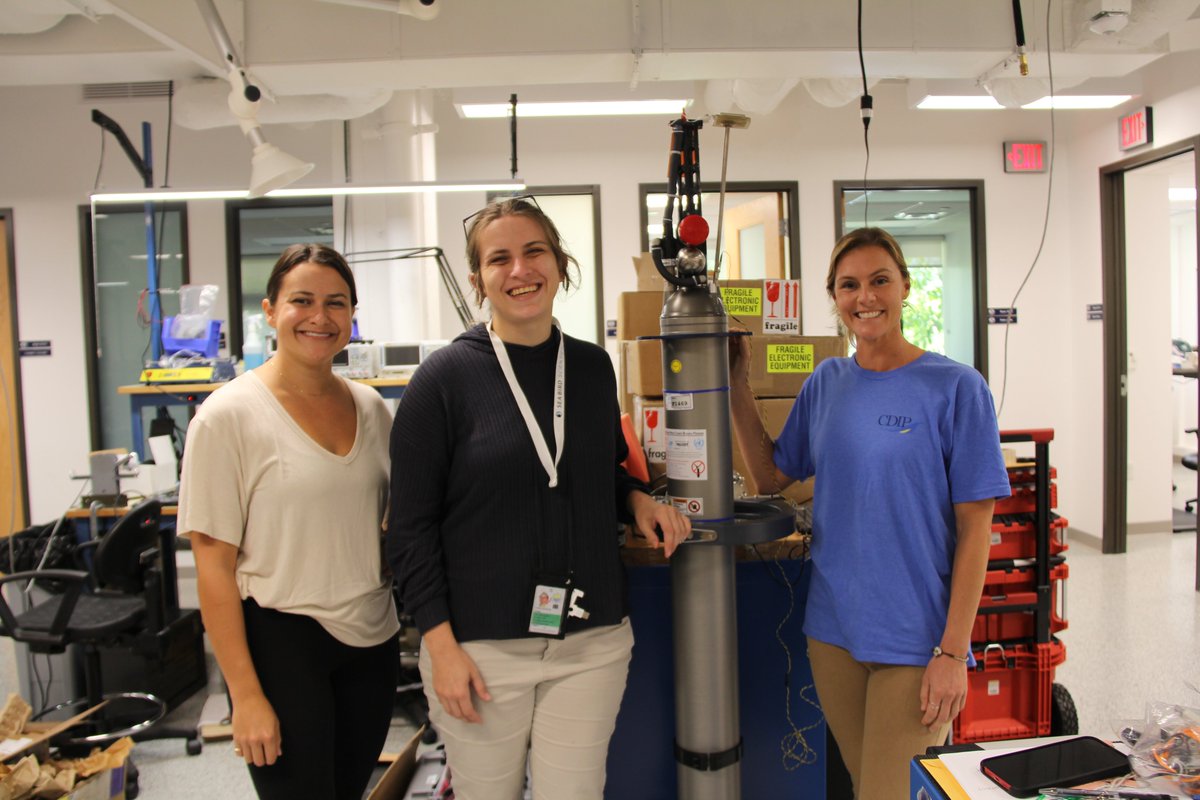
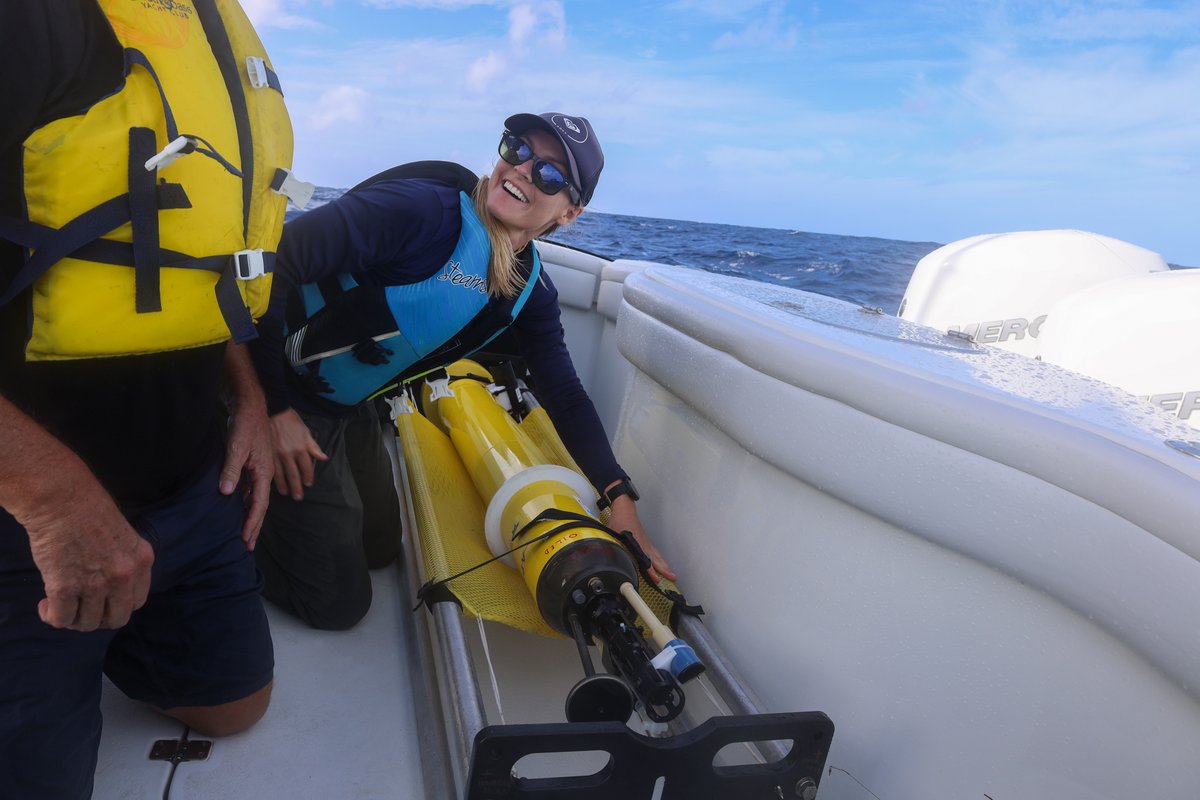
Scientists with AOML’s Ocean Biogeochemistry Group have successfully deployed two new Biogeochemical-Argo floats within the Gulf of America in a collaboration with NOAA’s Southeast Fisheries Science Center (SEFSC). Learn more here: aoml.noaa.gov/biogeochemical…
Continuing the conversation with Dr. James Overland, one of the #ArcticReportCard founding editors, we learn about how the #Arctic is connected to global #weather patterns. For the full interview: youtube.com/watch?v=LewUFm… #ARC #ARC20 #ArcticReportCard20 #ArcticReportCard2025
Join us for the 1st interview in a special series that celebrates the 20th anniversary of the #ArcticReportCard, an annual update on the state of the Arctic environment produced by @NOAA and national & international partners. Find the full interview here: youtube.com/watch?v=LewUFm…
Tomorrow, July 15th at 3 PM ET, is our Ocean Exploration Seminar. Join us to hear about Deep Water AUV/ROV Surveys for WWII Underwater Cultural Heritage in the Saipan Channel Register: vimeo.com/event/5215817
Just in: #June 2025 was Earth’s 3rd-warmest June on record Find our report with maps/images at: ncei.noaa.gov/access/monitor… via @NOAANCEI
Throughout the month of June, @NOAA collaborated with its industry partners to test various technologies and strategies used to collect critical #data from #hurricanes. Here are some of the highlights from this year’s testing! aoml.noaa.gov/hurricane-rese… @noaa_aoml @NOAA_HurrHunter
This week, a team of researchers & engineers are testing a new tool for characterizing soundscapes: the first ever autonomous, near-real-time, directional acoustic profiling float powered by marine renewable energy (ocean thermal energy conversion, OTEC). oceanexplorer.noaa.gov/explorations/2…
Check out video of the USS New Orleans bow #discovery: youtube.com/watch?v=f26P4H…
🚨 New wreck alert! We're proud to share the first photos of the newly discovered bow blown off the #WorldWarII heavy cruiser #USSNewOrleans.
NOAA Research is about science, service, and stewardship. Watch this video to learn how NOAA Research supports a global ocean observing system to keep an eye on the pulse of our ocean. More about NOAA GOMO and ocean observations: globalocean.noaa.gov
🚨 Dive Alert! Join us now exploring the HMAS Canberra, an Australian heavy cruiser sunk during #WWII 1942 Battle of Savo Island at Guadalcanal in Solomon Island campaign! Watch live at NautilusLive.org @oceanexplorer @KyotoU_News @USNavy @USNatArchives @ccom_jhc
From June 30-July 3, researchers will continue testing new, low-cost, open-source, autonomous underwater vehicle (AUV) to advance understanding of deep-sea coral ecosystems. Learn more: oceanexplorer.noaa.gov/explorations/2…
Instruments like #Argo floats and drifters have revolutionized physical oceanography, improving: 🌩️#weather forecasts 🛟rescue efforts 🌊our understanding of the ocean’s role in Earth’s systems Read all about it in this web-story by @NOAA_AOML 🔗aoml.noaa.gov/technologies-a…
